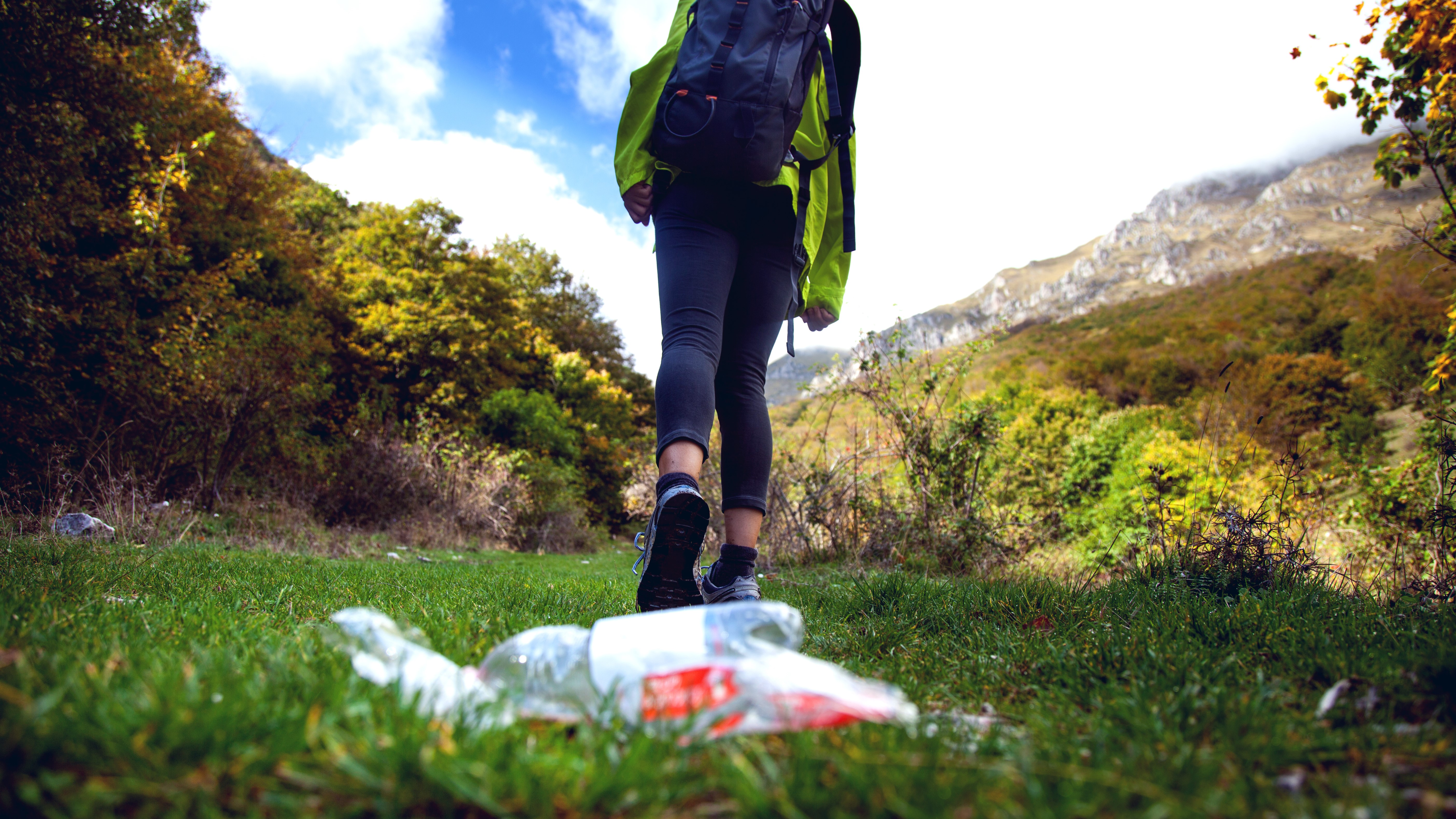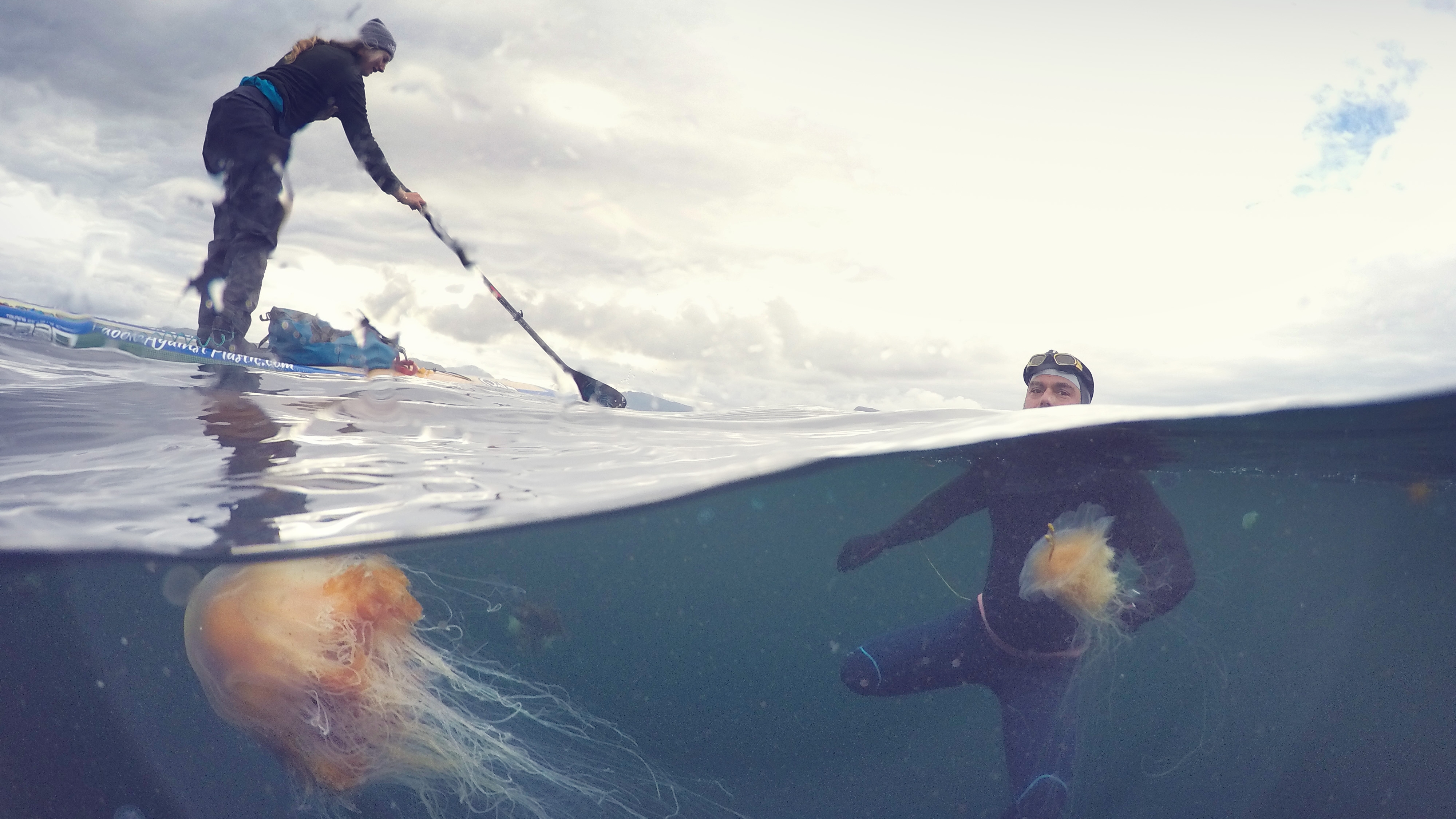"We all leave an impact" – National Park reveals how one dropped bag of Cheetos transformed an entire ecosystem
The social media post reveals the extent of the impact of a single careless hiker

A social media post by a US National Park has revealed the extent of the impact that a single dropped piece of trash can cause.
In the Facebook post, which you can view below, New Mexico's Carlsbad Caverns National Park shared a photograph of an opened bag of Cheetos that had been dropped – or perhaps deliberately tossed – in one of its caves, known as the Big Room.
To the untrained eye, a discarded snack may not seem like such a big deal – litter on the trail can sadly be quite a common sight – but the park explains how this one careless act set off a chain of events that altered the entire ecosystem of the cave.
"The processed corn, softened by the humidity of the cave, formed the perfect environment to host microbial life and fungi. Cave crickets, mites, spiders and flies soon organize into a temporary food web, dispersing the nutrients to the surrounding cave and formations."
While some of these lifeforms are natural inhabitants of the cave, the mold and microbial life generated by the process are not. In this case, mold started to grow high up onto the walls of the cave and park rangers had to remove it to protect the cave's ecosystem.
"At the scale of human perspective, a spilled snack bag may seem trivial, but to the life of the cave it can be world changing," writes the park.
"Great or small we all leave an impact wherever we go. Let us all leave the world a better place than we found it."
Advnture Newsletter
All the latest inspiration, tips and guides to help you plan your next Advnture!
Posted by CarlsbadCavernsNPS on
How to leave no trace in the wild
Whether it's a non-biodegradable plastic wrapper or a seemingly harmless orange peel, it's never okay to discard trash in wild spaces. Doing so can alter ecosystems and harm wildlife.
In fact, there's a code of etiquette for backcountry users known as Leave No Trace and it's vital to follow these principles outdoors in order to protect wild spaces for everyone who uses them, great or small:
- Plan ahead and prepare
- Travel and camp on durable surfaces
- Dispose of waste properly
- Leave what you find
- Minimise campfire impacts
- Respect wildlife
- Be considerate of other visitors
Any time you set off on a hike or to go camping, make sure you have a plan in place for any trash that you might generate while you're there. It can be helpful to carry a small trash bag inside your hiking backpack that you can fill up with any wrappers, apple cores or packaging and transport home to discard of properly.
For longer hikes, know how to poop and pee on the trail to cause minimal damage and if you come across trash on your trail travels, the best practice is to pick it up. This helps keep the trails pristine, sets a good example to other hikers, and helps protect soil and water sources as well as wildlife. You can learn more about all this in our article on the principles of Leave No Trace, and make sure that each time you set off for an adventure in your best hiking boots, you leave the wild in better shape than you found it.
Julia Clarke is a staff writer for Advnture.com and the author of the book Restorative Yoga for Beginners. She loves to explore mountains on foot, bike, skis and belay and then recover on the the yoga mat. Julia graduated with a degree in journalism in 2004 and spent eight years working as a radio presenter in Kansas City, Vermont, Boston and New York City before discovering the joys of the Rocky Mountains. She then detoured west to Colorado and enjoyed 11 years teaching yoga in Vail before returning to her hometown of Glasgow, Scotland in 2020 to focus on family and writing.

